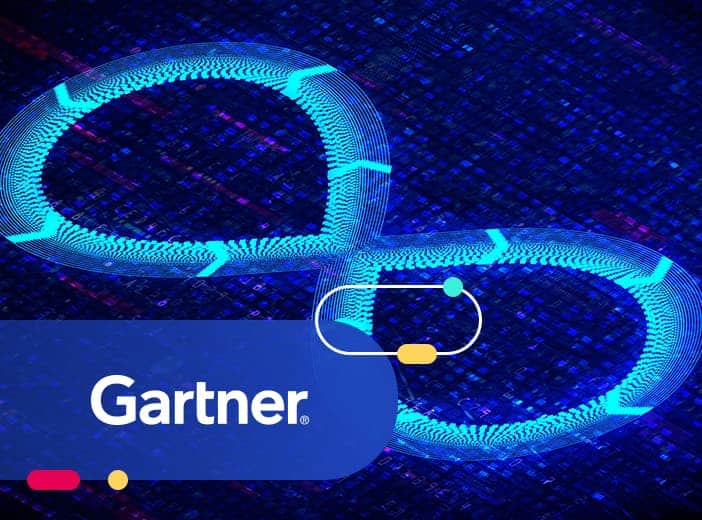Glossary
Database management systems (DBMS)
A database management system (DBMS) is software that allows data to be stored, retrieved, sorted, deleted, modified or used.
Data is at the heart of every organization – and volumes are increasing exponentially. To manage, access and store data effectively organizations therefore rely on database management systems (DBMS).
What is a Database Management System?
A database management system is a software that stores data and enables it to be easily managed. A DBMS is responsible for controlling the storage, retrieval, addition, sorting, deletion, modification or use of the data contained within the database.
There are several components in a database management system:
- The database: this is the heart of the DBMS, storing information.
- The database engine: this makes the database accessible. It enables users to access, modify and lock data.
- The database schema: this is the structure of the database.
Taken together the DBMS enables the administration of the underlying data, covering areas such as change management, performance management and backup/recovery.
The DBMS is therefore crucial to ensuring the confidentiality, durability, security and integrity of the data it manages.
Without a DBMS, organizations would not be able to organize, share and fully exploit the data sets at their disposal. Commonly used DBMS include Microsoft Access, MySQL, Oracle Database, Microsoft SQL Server, MongoDB, OrientDB, and IMS (IBM).
What are the different types of Database Management System?
There are multiple types of database management systems, with their own strengths and weaknesses:
- The relational (or SQL) model: relational data is organized in the form of tables. The advantage is the simplicity of management and the consistency of the information stored. This works best for text or numeric information, such as customer records or sales systems.
- The non-relational model (noSQL): here, data is not necessarily organized in the form of a table, but in a format optimized for the requirements of the type of data stored (for example, simple values, graphics, unstructured data, JSON documents, etc.).
- The hierarchical model: data is classified in a descending tree structure. However, if one of the nodes is deleted, the data below it is also deleted. This does not ensure information continuity.
- Network-oriented data: this model allows you to create multiple connections between different data points (whether ascending, descending, or through multiple connections to other entities).
- Object-oriented data: this allows the management of complex data structures that do not fit relational models..
- Document-oriented data: this classifies data in tables with documents to record the information.
Why use a Database Management System?
Today, the vast majority of business applications and websites use a DBMS behind the scenes. For example: banking systems, customer records, online flight booking platforms, or website product catalogs.
All of this means that the majority of organizations, regardless of their size or industry, benefit from deploying a database management system for three key reasons:
- Database administration: the DBMS allows you to manage changes, backup, restore data and monitor/tune performance.
- Sharing: the DBMS provides a framework for users to share data.
- Security: the DBMS reinforces security by controlling user access, as well as restoring and backing up data to guarantee its integrity in case of failure.
Learn more

Blog
Transforming public data into value – lessons from Australia
Cities and municipalities create huge volumes of data - but ensuring it is used effectively by every department to engage stakeholders and build trust can be difficult. Using real-world examples from a new ebook published by our partner Peclet, we explain how municipalities can truly turn data into value.

Blog
Data lineage: the challenges and benefits
Data lineage has become crucial for enterprise data management. With the increasing volumes of data used in decision-making, it's critical to know where it comes from, how it's been transformed, and where it's flowing to. Data lineage brings this transparency, improving data quality, governance, and compliance.

Blog
How adopting a DataOps approach increases data value
The pressure is on Chief Data Officers to deliver greater value to the business, requiring a step change in team productivity and a focus on increasing data consumption. We explore how adopting DataOps methodologies helps achieve these key objectives.
